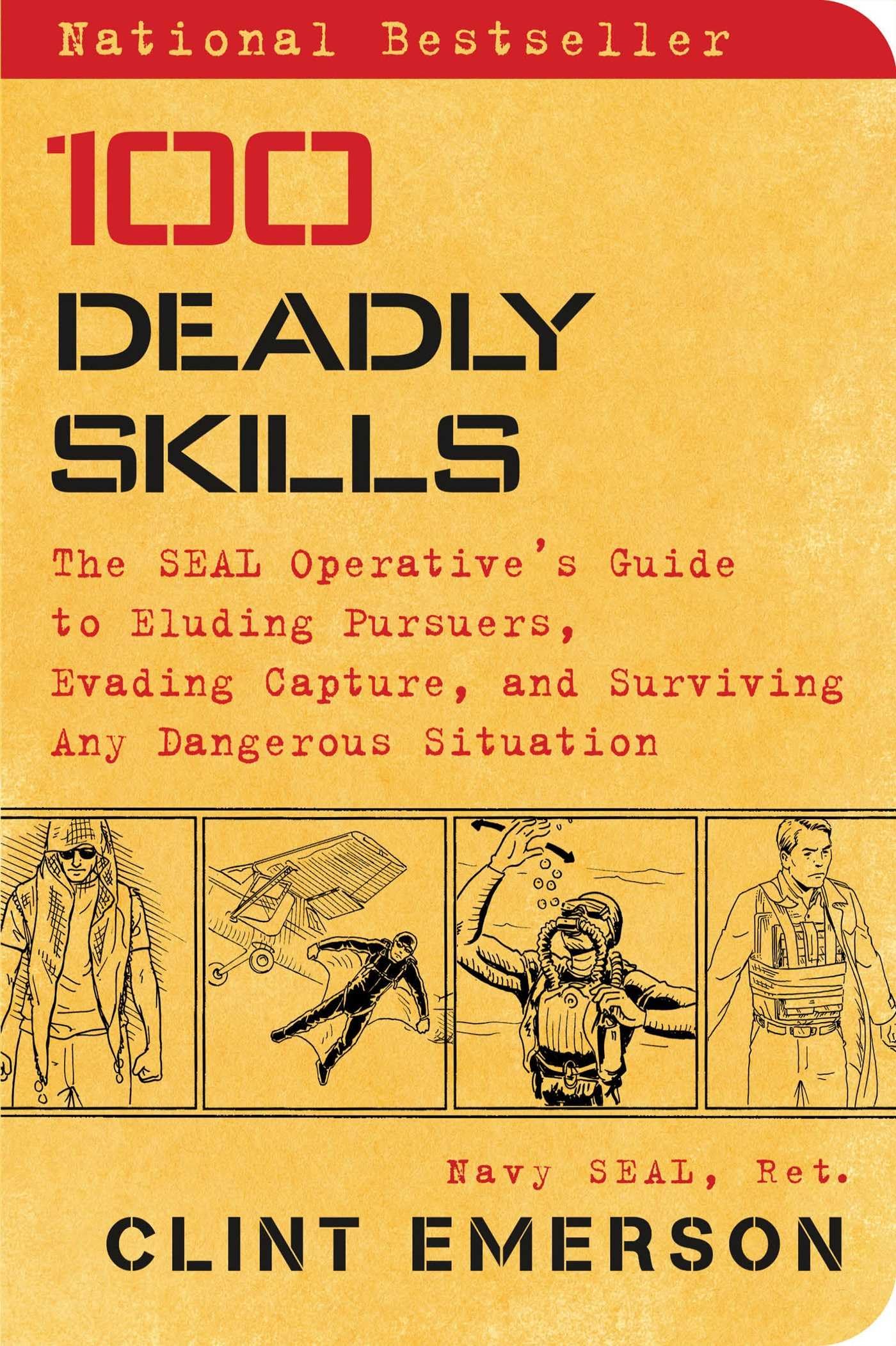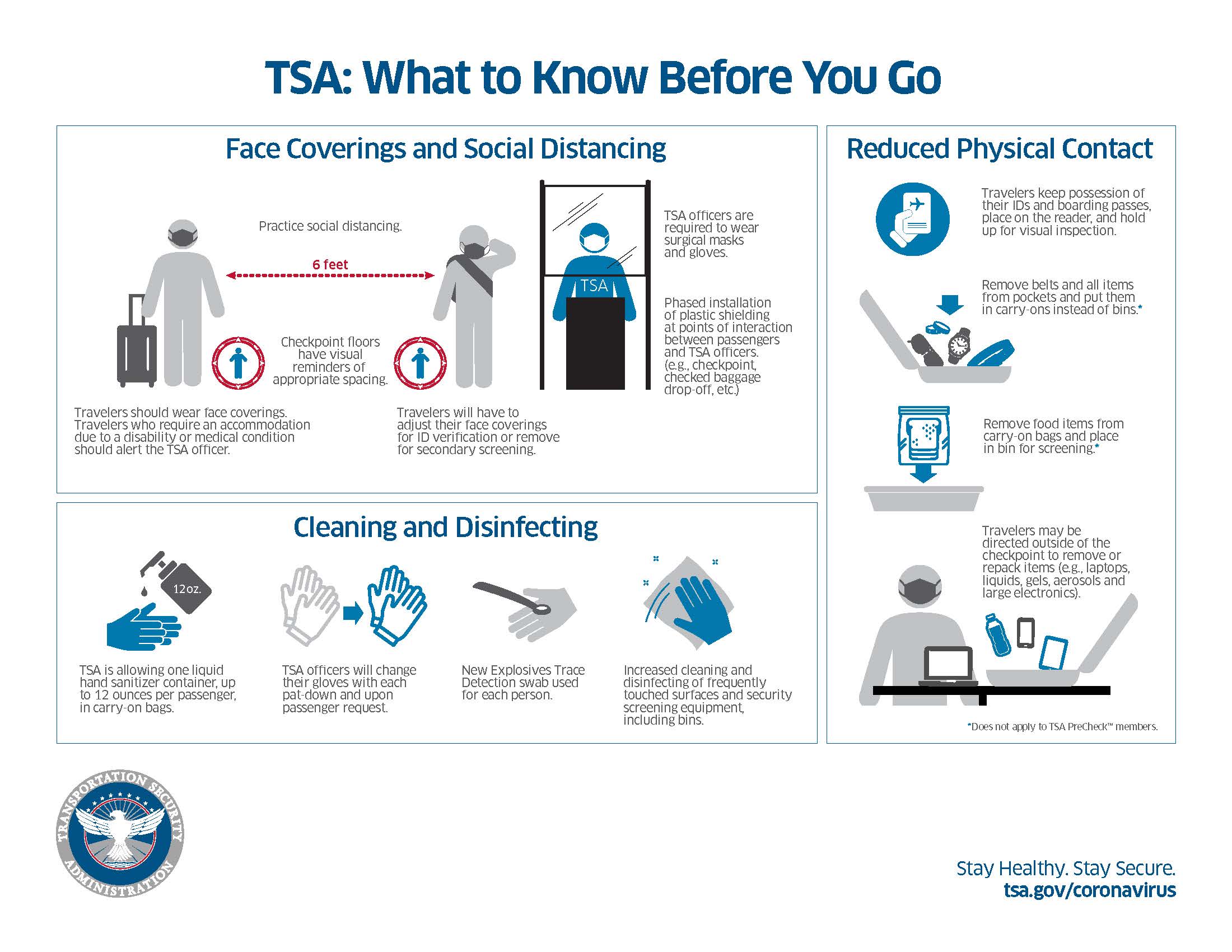Alright, let’s talk about staying safe when you’re traveling abroad. It’s something I think about a lot, not because I’m paranoid, but because I’ve learned a few things the hard way and seen stuff happen. It’s mostly common sense, but you gotta actually do it, you know?

My Pre-Trip Ritual
So, before I even book anything, I start digging. First stop is usually the official government travel advisories. My home country’s, and maybe the UK’s or US’s too, just to get different perspectives. They tell you the big picture stuff – political unrest, high crime areas, health warnings.
Then I get less official. I start searching for recent news about the specific city or region I plan to visit. Not just major headlines, but local news if I can find it in English. Gives you a feel for the current vibe on the ground.
- Check advisories: Government sites are my starting point.
- Read recent news: What’s happening right now?
- Look at maps: I study maps beforehand. Where’s the embassy? Where’s my hotel in relation to known safe/unsafe zones?
- Understand local scams: I search online for common tourist scams in that specific place. Forewarned is forearmed, right?
I also make sure someone back home has my itinerary. Like, a rough plan of where I’ll be and when. And I make copies – physical and digital – of my passport, visa, tickets, hotel confirmations. Keep ’em separate from the originals.
On the Ground Smarts
Once I land, the real work begins. It’s all about awareness.
First thing I often do is get a local SIM card or make sure my roaming plan is solid. Being able to use maps, call for help, or look something up quickly is super important. Can’t rely on Wi-Fi everywhere.

Then, I just try to blend in. Doesn’t mean wearing local traditional clothes, just means not looking like an obvious, flashy tourist. I ditch the expensive watch, keep the fancy camera tucked away unless I’m actively using it, and try not to walk around staring gormlessly at a map on my phone (that’s what quick glances are for, or ducking into a shop).
- Stay connected: Local SIM or good roaming. Essential.
- Blend in: Dress modestly, avoid flashy stuff. Don’t advertise you’re a tourist.
- Secure valuables: Use the hotel safe. Only carry what cash I need for the day. Sometimes use a money belt, depends on the place.
- Be aware of surroundings: This is the big one. Look around. Notice who’s near you. Notice if someone seems to be paying too much attention. Especially crucial in crowded places like markets or train stations.
Getting Around & Accommodation
How I move around and where I sleep matters a lot.
I try to use reputable transport. Official taxis (know what they look like beforehand!), licensed ride-sharing apps, or public transport during daylight hours if it feels okay. I avoid unlicensed cabs like the plague. If a situation feels dodgy – like a deserted bus stop late at night – I splash out for a taxi.
For hotels or rentals, I read reviews carefully, looking for comments about safety and the neighborhood. Is it well-lit? Is the entrance secure? Once in the room, I always use the deadbolt and security chain, even if it seems unnecessary. Check windows too, especially on lower floors.
Dealing with People & Gut Feelings
Most people you meet traveling are great. But you gotta have your guard up just a little.

I’m generally polite but reserved with strangers who approach me very aggressively or are too friendly, especially if they immediately start talking about money or offering deals. Classic scam setup sometimes. A polite but firm “no thank you” and moving on usually works.
Trust your gut. Seriously. If a situation feels wrong, it probably is. Doesn’t matter if you can’t explain why. Just get out of there. Remove yourself from the street, the shop, the conversation. Better safe than sorry.
I also learned a few basic phrases in the local language. ‘Hello’, ‘Thank you’, ‘Excuse me’, and crucially, ‘Help!’. You’d be surprised how useful that can be.
So that’s basically my process. It’s not foolproof, nothing is. But doing these things consistently has kept me out of serious trouble on my travels. It’s about being prepared, being aware, and trusting that little voice inside your head.








